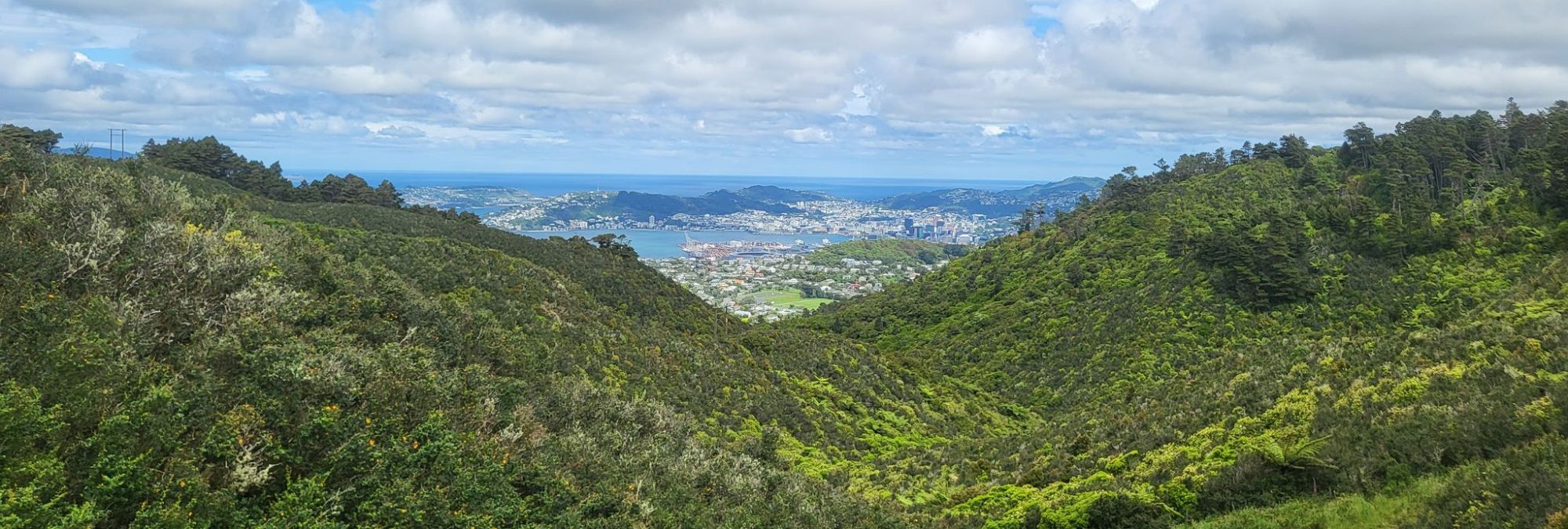So here’s what our new government promises, as reported by Stuff:
Some key points from the NZF deal:
– $1b per annum Regional Development Fund,
- Re-establish the New Zealand Forestry Service
- Review and reform of the Reserve Bank Act
- Progressively increase the Minimum Wage to $20 per hour by 2020
- Comprehensive register of foreign-owned land and housing
- Free doctors’ visits for all under 14s
- Free driver training for all secondary students
- A new generation SuperGold smartcard containing entitlements and concessions
- A royalty on exports of bottled water
- Commit to re-entry to Pike River
- A full-scale review into retail power pricing
- MPs allowed to vote on a potential referendum on euthanasiaSome of the big parts of the Green Party/Labour confidence and supply agreement include:
– Introduce a Zero Carbon Act with a goal of net zero emissions by 2050
– A referendum on personal cannabis use by 2020
– Establish and independent Climate Commission. This would have the power to bring agricultural emissions in but would not do this immediately
– All new legislation to have a climate impact assessment analysis
– Investigate a Green Transport Card to reduce public transport costs
– Reprioritise spending towards rail and cycle infrastructure
– Stop the Auckland East-West link
– Begin work on light rail to the airport in Auckland
– “Significantly increase” the Department of Conservation’s funding
– Remove “excessive” benefit sanctions
– Make progress on eliminating the gender pay gap within the core public sector
– A rent-to-own scheme as part of KiwiBuild
– Re-establish the Mental Health Commission
– A wind-down on the government-subsidised irrigation
That’s some damn fine government.
We’re still to see who’s going to be taking which ministerial roles (Stuff also has a handy list of which portfolios have gone to NZ First and the Greens), but that list right there promises some genuine change and progress for New Zealand over the next three years.
There’s also a broader message, and a distinct step away from the government of the past nine years: the state has an important role to play in our lives. It can create jobs. It can share out the wealth of the nation fairly. It can and it should ensure that every single person in our country lives a decent life.
Which was already pretty obvious to those of us on the left end of the spectrum, but was anathema to the government of John Key and Bill English, who were happy to take the credit for good things happening but were missing in action as more and more wealth was taken out of workers’ hands by a greedy few, as corporate neglect literally killed people, as multinationals grabbed everything they could get and expected us to carry the consequences and ensure them ever-greater profits.
This is the change of direction we needed, and a more significant one than I’d hoped for, honestly. It’s not perfect, and many things can happen over a parliamentary term – three years is an eternity in politics when you’re at the beginning of them. But it is a start.
And it must be a start. As I’ve said before, to avoid cruising toward defeat in a term or two there needs to be a plan; a strategy, if you’ll forgive the horrific public sector management speak, of continuous improvement. A minimum wage of $20 by 2020 (perhaps sooner, if political capital allows?) is great, combined possibly with introducing the Living Wage for the core public service, for a first term government. But we need to be thinking about term two ($25 minimum wage? Living Wage for all central and local government employees, including contractors?) and term three (Living Wage = minimum wage?) and treating each milestone as a step, not a finish line. Free doctors’ visits for under 14s is a start: the goal must be free doctors’ visits for all. “Progress” to eliminate sexist pay structures in the public service is a start; the goal must be ending sexist discrimination in pay.
I know the temptation is to sit back and look at the amazing things this Labour-led government will deliver over the next three years. But one thought keeps popping into my head this week: the work is never done. There is always more to do, and we cannot lose sight of that. We cannot rest on the achievements of the past; that’s how you get third-term arrogance and stagnation.
This government can achieve huge things, and shift politics in New Zealand so that greedy, self-interested, narrow-minded right wing bullshit never gains sway again. But it will take work. And I think we’re ready for it.


